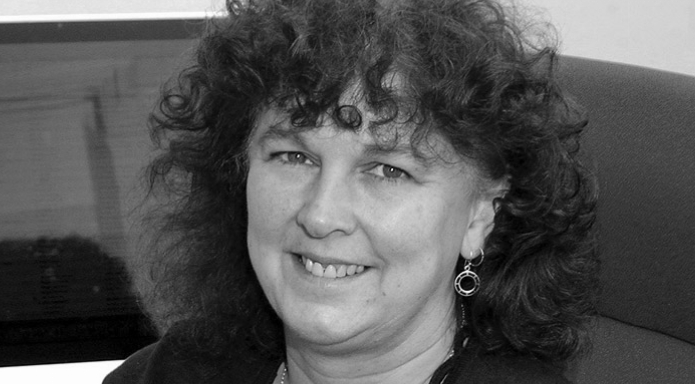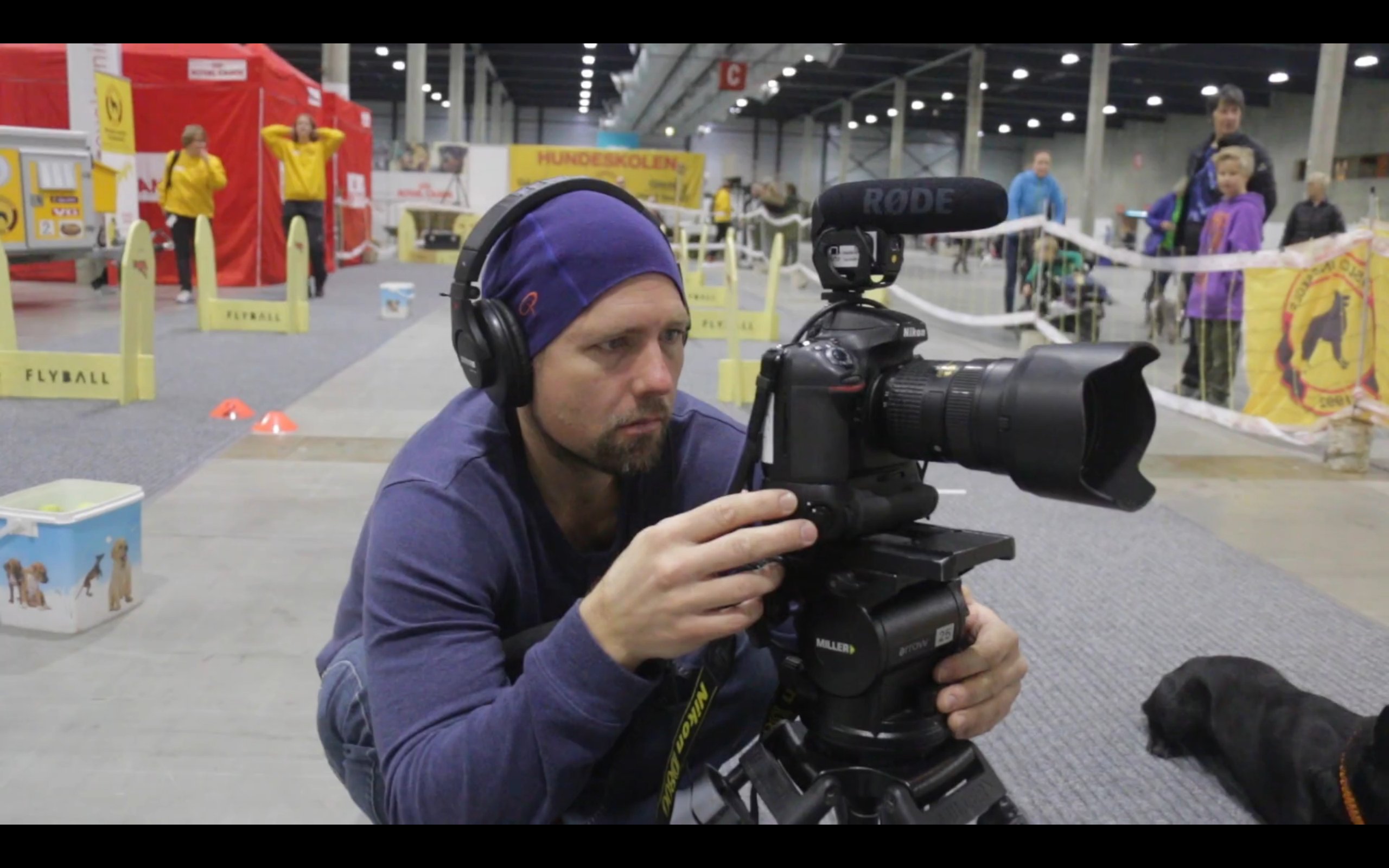IT Hero: Clifton Cunningham, CTO at TES Global

Meet Clifton Cunningham, our latest IT Hero.
Not only did Clifton build and sell his own software company whilst still in his early 20s, he’s since made a name for himself as the man who helped accelerate the MailOnline’s growth in the US, transforming the technology platform while the site grew to over 200M monthly unique visitors.
Now he’s CTO at digital education company TES Global where he’s managing rapid change and development across a multitude of sectors. The company provides a range of TES branded digital services to teachers and schools worldwide and is also the home of the Times Higher Education World University Rankings.
You’re in an incredibly high profile IT leadership role – what are the skills and experiences that make you an ideal fit for TES?
I guess the key thing is the combination of still being very hands on – I’m an engineer first and foremost – tempered with years as a management consultant where I learnt how to articulate why complex technical transformations are needed, and help ensure buy-in from the teams. At TES there’s been a great deal of dramatic change in the last few years and balancing all the arms of the business is a challenge too. It takes diplomacy and great planning.
Tell us about the tech services you’ve invested in over the last 12-18 months to help improve collaboration.
I view my team in two halves: IT and Infrastructure, for the day-to-day running, and Product and Engineering for innovation and development. Since I’ve been with TES we’ve effectively done a huge refresh of everything, simplifying the complicated legacy systems by bringing everything together into one strategic datacentre and using AWS as an adjunct to that. Prior to me, there were no cloud services in use at all, so this is all new. The Product and Engineering department has been rebuilt entirely onto cloud-based services, rebuilding it from scratch as a modern digital platform.
What’s been the greatest impact of this investment?
On a product side, it’s huge – we’re now in a position where, rather than moving forward on a quarterly basis, we’re moving weekly or daily so the pace of change is much faster. It’s resulted in huge benefits to the 8 million strong teaching community we support. For example, we recently transformed our resource-sharing platform into a marketplace where teachers can earn money for sharing classroom resources they have created. Teachers are already earning thousands of pounds a year doing this, so in the last 18 months we’ve been able to go from largely a content publisher, to a marketplace.
How do you overcome internal challenges when implementing new technology?
I was lucky that when I joined TES I had TPG – one of the most forward looking private equity companies – backing my every move and both financial and board support, so I could do what I needed to make the change.
The biggest challenge was that TES was very much a traditional enterprise tech group. Things were very bureaucratic, it was risk averse, slow to change. So the first thing was to transform those teams, moving away from the traditional and into the modern digital age. The one thing I focussed on was the transformation of culture. It’s now all about empowering small teams to own products, deliver change quickly and independently and to effectively test and measure success.
I did this by immediately bringing in a small handful of like-minded people who were already in my network. I think you need to find the right people and build teams around them – that way you are demonstrating success right from the start, building confidence and creating mentors for other teams. Very different people will thrive in a new, agile practice. That first team is about dispelling fear, demonstrating to people that this does work, the wheels don’t fall off, and paving the way, making it smoother for the rest of the business.
Which technologies should CIO/CTOs be looking to invest in over the next 6-18 months and why?
Without a doubt, the technologies which are having the biggest impact right now are the emergence of things like continuous delivery and containerisation. When I began working with large engineering teams, on big sites, pushing a lot of change through, there was always that big risk – the nervous moment – when you pushed a major change live. The move now towards breaking systems apart into smaller services, deploying things in containers like Docker – all these things suit the small empowered team approach and means each team can work independently and quickly and not break everything in the process.
So automation, containerisation, ensuring you make the process of getting something from the developer’s laptop to a live product as simple, safe and repeatable as possible – those are key to rapid development. When people have the confidence to make change and progress, speed increases tenfold.
What advice do you have for those looking to invest in cloud technology?
First and foremost, don’t do it all at once. There’s definitely a place for a bimodal approach – the practice of managing two separate, coherent modes of IT delivery – so make an investment in a cloud platform and start operating some systems there; keeping the security of your legacy systems alongside, particularly for your core business. At TES we had a lot of old school processes that just can’t be forced out too fast, so despite the fact we push hard and develop quickly on the digital side, we still keep a traditional approach to some core services.
We’re delighted to say Clifton will be back with us again very soon, discussing the innovation it took to transform the MailOnline, and what plans he has for TES Global. We’ll also be hearing from more IT Heroes, so watch this space!




